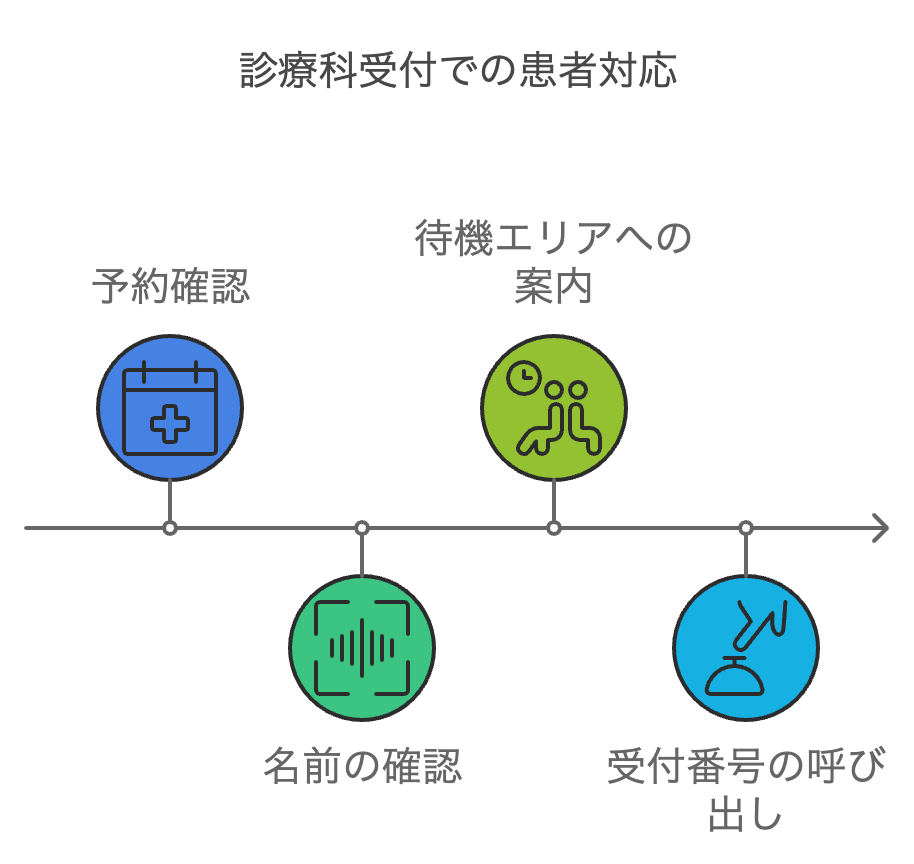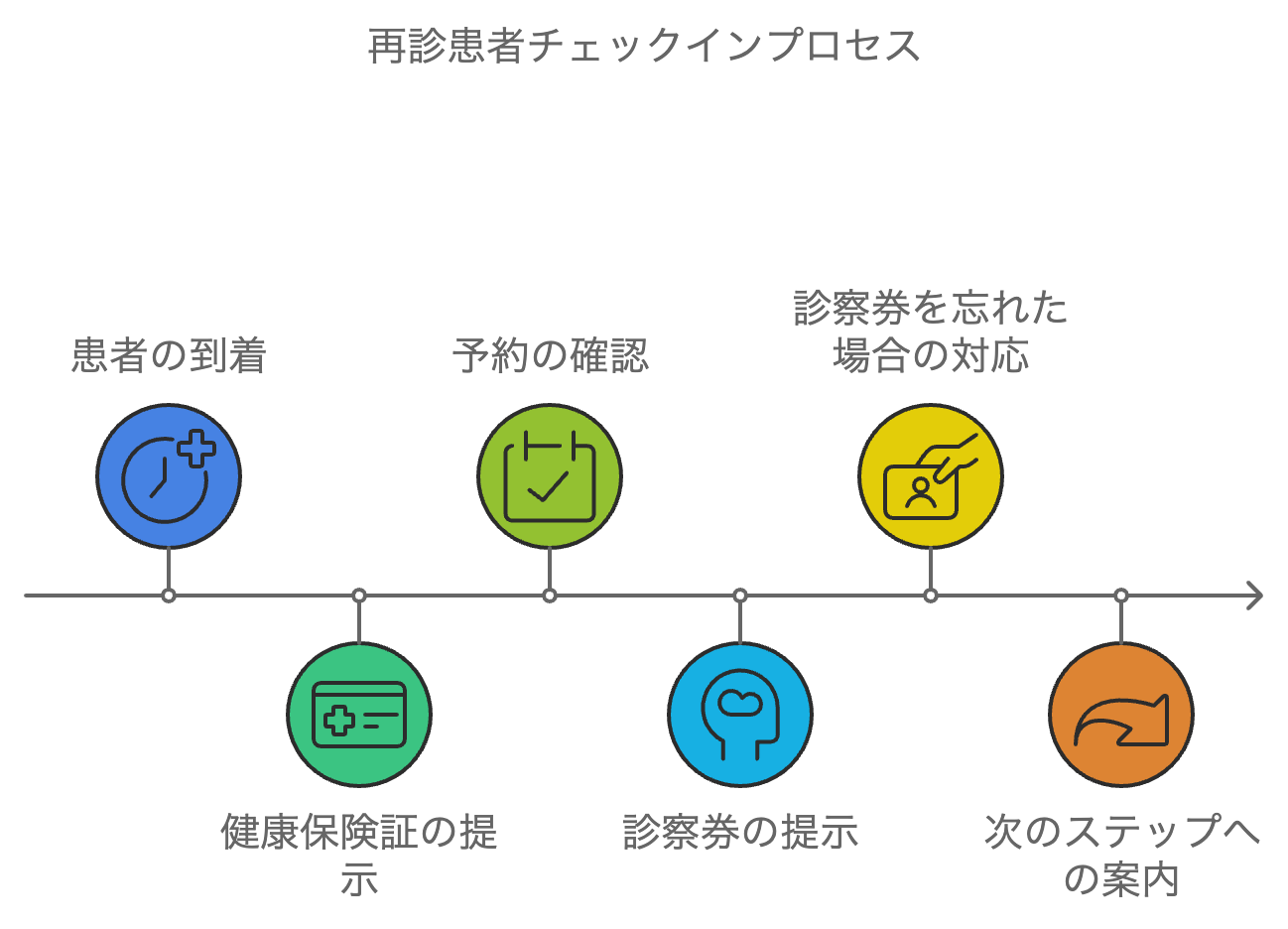循環器内科における心不全の診察に関する英語フレーズと会話例
**心不全(Heart Failure)**は、心臓が血液を十分に送り出せなくなる状態で、循環器内科では頻繁に扱われる疾患です。
この記事では、心不全を訴える患者との診察を想定し、具体的な会話例と重要なフレーズを学べる内容にします。
患者の設定
- 名前: Hiroshi Yamada (75歳、男性)
- 職業: 退職済み
- 主な症状: 最近、少し動いただけで息切れを感じ、足がむくむようになった。夜中に呼吸が苦しくなることがあり、横になって眠ることが困難。
- 既往歴: 高血圧、糖尿病、心筋梗塞の既往あり
- 生活習慣: 運動不足で、塩分の多い食事が中心。喫煙歴あり。
診察の流れと会話例
1. 初診での問診と症状の確認
Doctor: “Good afternoon, Mr. Yamada. I understand you’ve been having trouble breathing and experiencing some swelling in your legs. Can you tell me more about when these symptoms started?”
日本語訳: 「こんにちは、山田さん。息切れや脚のむくみがあるとお聞きしましたが、これらの症状はいつ頃から始まりましたか?」
Patient: “It started about two months ago. At first, I just felt short of breath when walking, but now I feel it even when resting. My legs are swollen, especially by the end of the day.”
日本語訳: 「2か月ほど前から始まりました。最初は歩いているときだけ息切れを感じていましたが、今では安静時でも感じます。特に夕方になると脚がむくみます。」
Doctor: “I see. So, you’ve been experiencing shortness of breath even at rest, and your legs swell by the end of the day. Do you also have trouble sleeping at night, or feel like you need to prop yourself up with pillows?”
日本語訳: 「なるほど。安静時にも息切れがあり、夕方になると脚がむくむんですね。夜、横になって眠れないことや、枕で上半身を支えたくなることはありますか?」
Patient: “Yes, sometimes I wake up in the middle of the night because I’m struggling to breathe, and I need to sleep propped up.”
日本語訳: 「はい、時々夜中に息苦しさで目が覚めてしまい、上半身を支えて眠らないといけません。」
2. 病歴とリスクファクターの確認
Doctor: “Do you have any history of heart disease, like a heart attack, or any other conditions like high blood pressure or diabetes?”
日本語訳: 「これまでに心臓病、たとえば心筋梗塞などの既往歴はありますか?また、高血圧や糖尿病などの他の健康状態はありますか?」
Patient: “Yes, I had a heart attack five years ago, and I’ve been treated for high blood pressure and diabetes for many years.”
日本語訳: 「はい、5年前に心筋梗塞を起こしました。また、長年高血圧と糖尿病の治療を受けています。」
Doctor: “Do you smoke, or have you smoked in the past?”
日本語訳: 「喫煙していますか?または過去に喫煙していたことがありますか?」
Patient: “I quit smoking about ten years ago, but I smoked for over 30 years before that.”
日本語訳: 「10年前に禁煙しましたが、それまでは30年以上喫煙していました。」
3. 検査の必要性と診断の説明
Doctor: “Based on your symptoms and history, it’s important to check for heart failure, which is when your heart can’t pump blood as effectively as it should. We’ll start with an electrocardiogram (ECG) to measure the electrical activity of your heart, and an echocardiogram to take images of your heart to see how well it’s pumping. We may also do some blood tests to check for any signs of heart strain.”
日本語訳: 「症状と病歴から判断して、心不全がないか確認することが重要です。心臓が血液を十分に送り出せない状態です。まず、心臓の電気的活動を測定するために心電図(ECG)を行い、心臓がどれだけうまく血液を送り出しているか確認するために心エコー検査を行います。また、心臓への負担を確認するために、いくつかの血液検査も行います。」
Patient: “Is heart failure serious?”
日本語訳: 「心不全は深刻ですか?」
Doctor: “It can be serious if not managed properly, but with the right treatment, many patients can improve their symptoms and maintain a good quality of life. We’ll work together to find the best treatment plan for you.”
日本語訳: 「適切に管理されなければ深刻になることもありますが、適切な治療を受けることで、多くの患者さんは症状を改善し、良好な生活の質を維持できます。最適な治療計画を一緒に考えましょう。」
4. 心不全の治療と管理
Doctor: “If the tests confirm heart failure, the treatment will focus on managing your symptoms and improving your heart’s function. We’ll likely prescribe medications to help reduce the strain on your heart, such as ACE inhibitors, beta blockers, or diuretics to remove excess fluid. We’ll also work on improving your lifestyle, including your diet and exercise.”
日本語訳: 「もし検査で心不全が確認された場合、治療は症状の管理と心機能の改善に焦点を当てます。ACE阻害薬やベータブロッカー、余分な水分を取り除くための利尿薬など、心臓への負担を軽減するための薬物療法を処方します。また、食事や運動を含めた生活習慣の改善にも取り組みます。」
Patient: “Will I need to take these medications for the rest of my life?”
日本語訳: 「これらの薬を一生飲み続ける必要がありますか?」
Doctor: “In most cases, yes, heart failure is a chronic condition that requires long-term management. However, with the right medications and lifestyle changes, we can improve your symptoms and help you live a full and active life.”
日本語訳: 「多くの場合、はい。心不全は慢性疾患であり、長期的な管理が必要です。しかし、適切な薬と生活習慣の改善によって、症状を改善し、充実したアクティブな生活を送ることができます。」
5. 生活習慣と心不全の予防法
Doctor: “In addition to medication, making some lifestyle changes can help improve your symptoms and prevent your heart failure from getting worse. Reducing salt in your diet, maintaining a healthy weight, and getting regular exercise are all essential. We’ll also need to monitor your fluid intake to prevent fluid buildup.”
日本語訳: 「薬物療法に加えて、生活習慣を改善することで、症状を改善し、心不全の悪化を防ぐことができます。食事の塩分を減らし、健康的な体重を維持し、定期的な運動をすることが重要です。また、水分摂取も管理し、体内に余分な水分が溜まらないように注意する必要があります。」
Patient: “I’ve already started cutting back on salt, but I’m not sure how much exercise is safe for me.”
日本語訳: 「すでに塩分を減らすようにしていますが、どれくらいの運動が安全かわかりません。」
Doctor: “Start with gentle walking for about 20 to 30 minutes a day. We’ll create a tailored exercise plan for you, and we can adjust it as your condition improves.”
日本語訳: 「ウォーキングなどの軽い運動を1日20〜30分程度から始めてください。お客様に合わせた運動プランを作成し、状態が改善するにつれて調整していきます。」
学習ポイント
- 症状の確認: 心不全に関連する症状を確認するためのフレーズを学びましょう。例: “Do you feel shortness of breath, even when resting or lying down?“(安静時や横になっている時にも息切れを感じますか?)
- リスクファクターの確認: 心不全のリスク要因を確認するためのフレーズを学びます。例: “Do you have a history of heart disease, like a heart attack?“(心筋梗塞などの心臓病の既往歴はありますか?)
- 検査の説明: 心不全の診断に必要な検査を説明するフレーズを学びましょう。例: “We’ll perform an echocardiogram to see how well your heart is pumping blood.“(心臓がどれだけうまく血液を送り出しているか確認するために心エコー検査を行います。)
- 生活習慣の改善: 心不全の進行を防ぐための生活習慣の改善に関するアドバイスも重要です。例: “Reducing salt in your diet and maintaining a healthy weight can help improve your heart function.“(塩分を減らし、健康的な体重を維持することで心機能を改善できます。)
関連キーワード: 心不全, 利尿薬, ACE阻害薬, 心エコー検査, 血圧管理, 生活習慣改善, 英語会話例, 外国人対応



